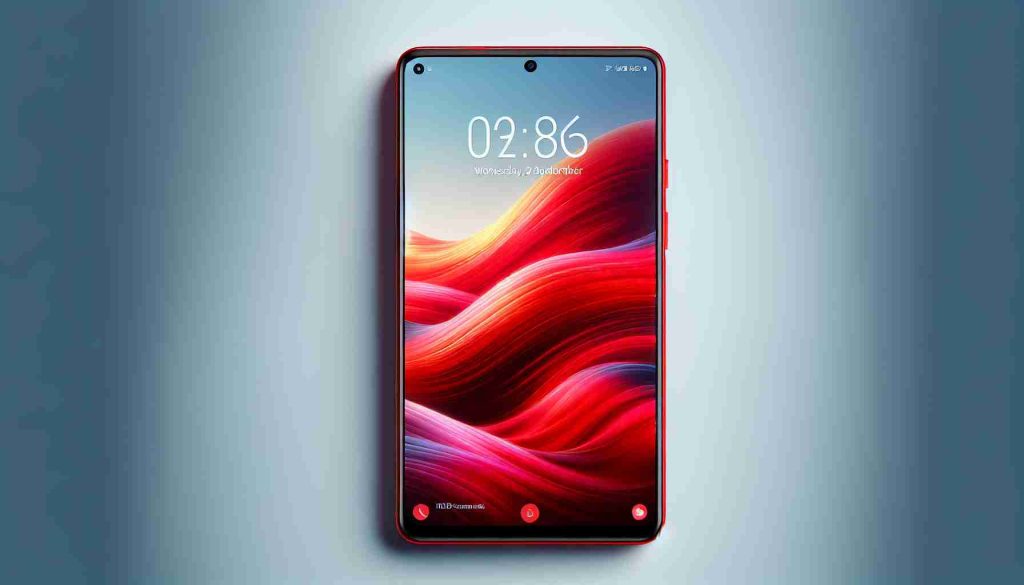A recent study has discovered that cutting down on smartphone usage by just one hour a day can lead to meaningful improvements in personal happiness and job motivation. Published in the October 2024 issue of Acta Psychologica, the research aimed to explore the relationship between diminished smartphone use and overall life quality. The findings suggested that reducing screen time allows individuals to engage more deeply with their current activities, thereby decreasing distractions and enhancing productivity.
It is emphasized in the study that moderate smartphone interaction is vital for mental health and work performance. Experts advise individuals to intentionally lessen their screen time to foster greater overall happiness, which can benefit both the individual and the productivity of the workplace.
Participants in the study reported a decrease in feelings of depression and an increase in their sense of control over life. According to reports, the lead researcher from a German mental health center highlighted the substantial improvements to mental well-being and job satisfaction that come from such lifestyle adjustments. They suggested that people could further enhance their quality of life by consciously reducing time spent on non-work-related screen activities while increasing physical exercise.
The study involved 278 individuals from various occupations, divided into four distinct groups: one group reduced smartphone use, another increased physical activity, a combination group did both, and a control group maintained their usual habits. After a week-long experiment, results indicated significant improvements in work satisfaction, motivation, and overall well-being among those who reduced their smartphone use.
The Impact of Reduced Smartphone Usage on Well-Being
In an era where smartphones dominate our daily lives, there is a growing body of research exploring the multifaceted impact of reduced smartphone usage on well-being. A myriad of studies has emerged indicating that lowering smartphone interaction can foster mental clarity, improve emotional health, and bolster social connections. This article delves into these findings, addressing key questions, challenges, advantages, and disadvantages associated with reducing smartphone usage.
Key Questions and Answers
1. What are the psychological benefits of reducing smartphone usage?
Research indicates that reduced smartphone usage correlates with lower stress levels and improved mood regulation. A study published in the International Journal of Environmental Research and Public Health found that individuals who minimized their screen time reported enhanced emotional resilience and a decreased propensity for anxiety.
2. How does less smartphone use affect social interactions?
Interestingly, reducing screen time can lead to more face-to-face interactions. While smartphones enable instant communication, the quality of interactions often diminishes. Limiting phone usage encourages individuals to engage more authentically with family and friends, promoting deeper relationships.
3. What challenges are associated with decreasing smartphone usage?
One primary challenge is the strong habit and dependency on smartphones for both work and personal communications. Busy professionals may find it particularly difficult to disconnect, as many rely on their devices for coordinating schedules and maintaining work relationships.
4. Are there any disadvantages to reducing smartphone usage?
While the benefits are numerous, a sudden drop in smartphone usage can lead to feelings of isolation for individuals who rely heavily on digital communication. Additionally, some may find it challenging to stay updated with current events and maintain social connections digitally.
Advantages of Reducing Smartphone Usage
– Enhanced Focus and Productivity: With fewer distractions from notifications, individuals can allocate more time to completing tasks and engaging in meaningful work without the constant pull of interruptions.
– Improved Mental Health: Limiting screen time has been shown to reduce symptoms of anxiety and depression, fostering greater emotional stability and well-being.
– Better Sleep Quality: Less exposure to screens, particularly before bedtime, can lead to improved sleep patterns and overall health.
Disadvantages of Reducing Smartphone Usage
– Communication Barriers: Reducing smartphone usage can complicate communication with friends or colleagues who are accustomed to instant messaging or social media.
– Missing Out on Information: Those who limit their smartphone activities may risk being less informed about news and trends important to their social and professional circles.
– Inconvenience: Many services, from banking to shopping, are increasingly app-centric, and limiting smartphone use may make accessing these services more cumbersome.
Conclusion
The movement towards reduced smartphone usage as a means to improve personal well-being is gaining traction. While significant positive outcomes are evident, challenges remain in balancing the benefits and disadvantages of reduced screen time. Individuals must navigate their unique relationship with technology, assessing how to integrate healthy device habits while enjoying the advantages of connectivity.
For further exploration of the topic, consider visiting Psychology Today and Mindful for articles on mental health and mindfulness practices in a digital age.























